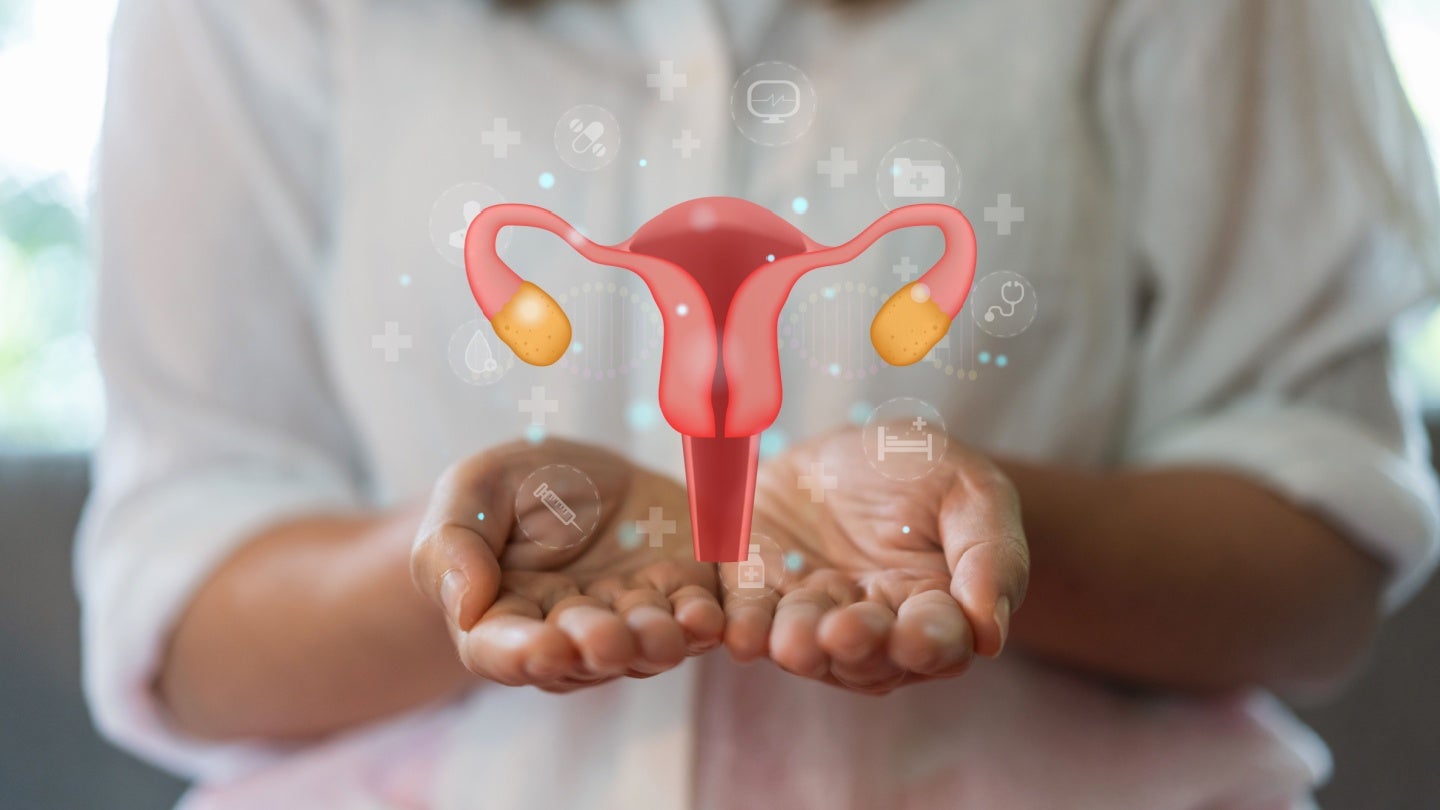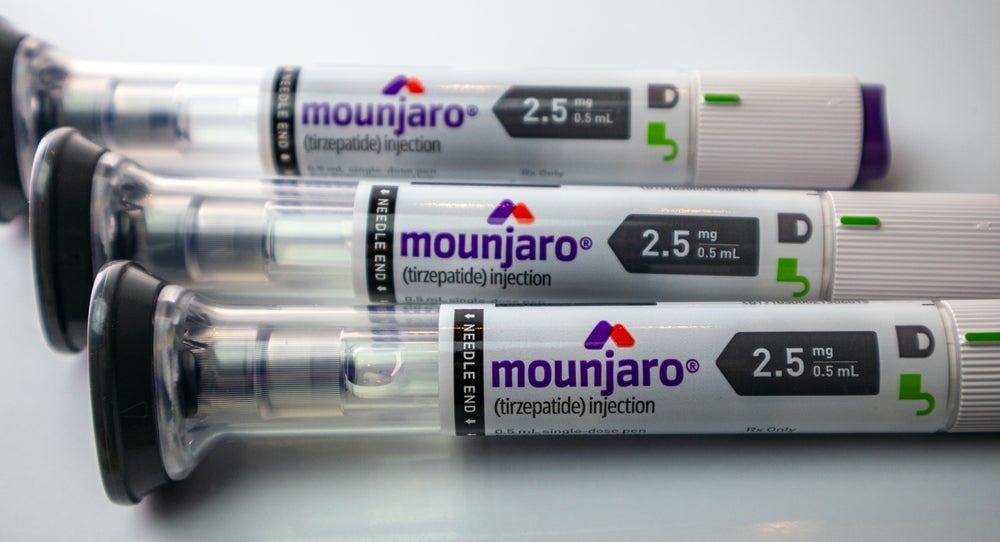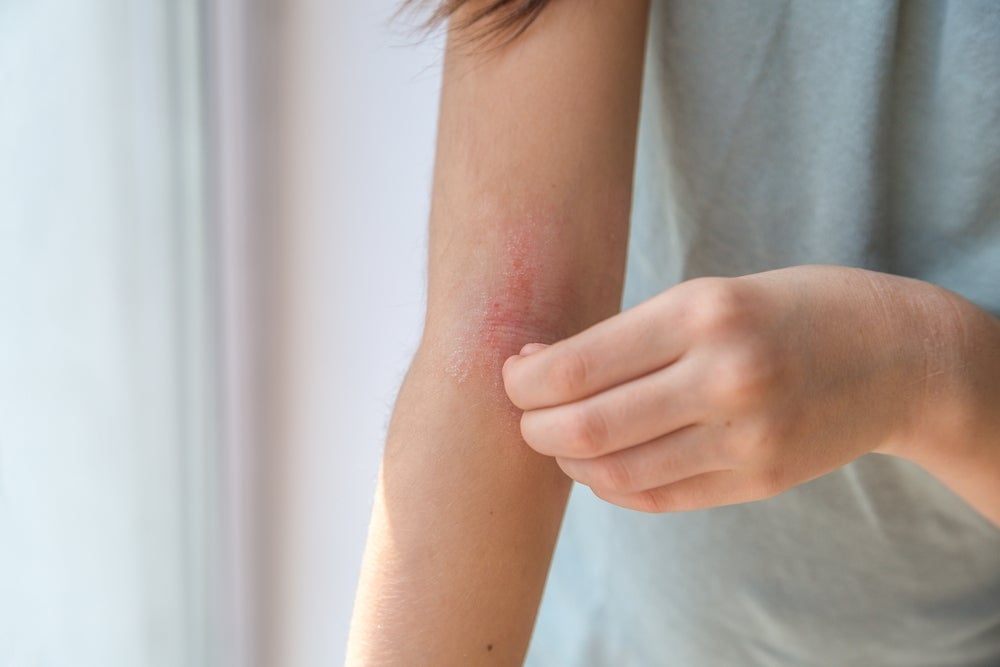5 Fatalities in MacroGenic’s ADC Trial
MacroGenics’s safety concerns have continued throughout phase 2 of the project. The company reported five fatalities in addition to a proportion of grade 3 or worse adverse reactions that exceeded 50%. Two dosages of MacroGenics’ B7-H3-directed antibody-drug conjugate (ADC) were evaluated in the phase 2 trial, which was conducted on individuals suffering from metastatic castration-resistant […]

MacroGenics’s safety concerns have continued throughout phase 2 of the project. The company reported five fatalities in addition to a proportion of grade 3 or worse adverse reactions that exceeded 50%.
Two dosages of MacroGenics’ B7-H3-directed antibody-drug conjugate (ADC) were evaluated in the phase 2 trial, which was conducted on individuals suffering from metastatic castration-resistant prostate cancer and had previously been treated with either Xtandi or Zytiga, respectively. Following the observation of a significant number of adverse reactions and dropouts at the higher and more frequent phase 1 dosage, MacroGenics established phase 2 regimens consisting of two mg/kg and 2.7 mg/kg every 4 weeks.
Last month, MacroGenics’ share price surged after an early peek at the phase 2 safety information on the ADC vobramitamab duocarmazine (vobra duo). After closing at $14.67 on Thursday, the biotech stock plummeted more than 70% to $4.37 in premarket trading on Friday, erasing all of the gains.
Scott Koenig, M.D., Ph.D., CEO of MacroGenics, had a different interpretation of the most recent results for the 181 study participants.
“While the safety data has accumulated more safety side effects, we believe that these are extremely manageable. In discussions with investigators, they are very comfortable with managing these patients and are very encouraged by both the safety and, obviously, the activity data they’ve seen to date,” he stated.
Out of the total 5 deaths, two cardiovascular deaths – one in each arm – were ruled by the research team to be unrelated to the trial medication. Three other deaths—all at the higher dose—are being looked at. The inflammatory lung disease pneumonitis claimed the lives of the remaining two victims.
Koenig mentioned that one of the cases under consideration was particularly intricate due to additional complicating factors. He stated that the matter is currently undergoing further investigation, and therefore, no definitive conclusion regarding the cause has been reached yet. He highlighted that among the substantial number of patients examined, no correlation with pneumonitis has been observed. This raises inquiries about the underlying cause of these patients in relation to pneumonitis.
With regard to the effectiveness of the treatment, MacroGenics observed overall response levels of 17.8% and 25%, respectively, at the low dosage and the high dose. Taking into account patients whose responses were not verified brought the totals up to 24.4% and 43.8%.
One important issue that has not yet been answered is how long the reactions will continue. By the time the data was cut off, MacroGenics reported that 43 patients were still receiving therapy. These patients were distributed pretty equally across the two arms.
Koenig examined the implications that the results may have for radiographic progression-free survival (rPFS), which was the main objective of the research. He stated that they had initially indicated a baseline rPFS of 6 months or more, with hopes for even longer durations such as 8 months, or beyond. He expressed confidence in achieving these extended rPFS values based on the data presented, particularly considering that the patients are still undergoing therapy.
What's Your Reaction?


































